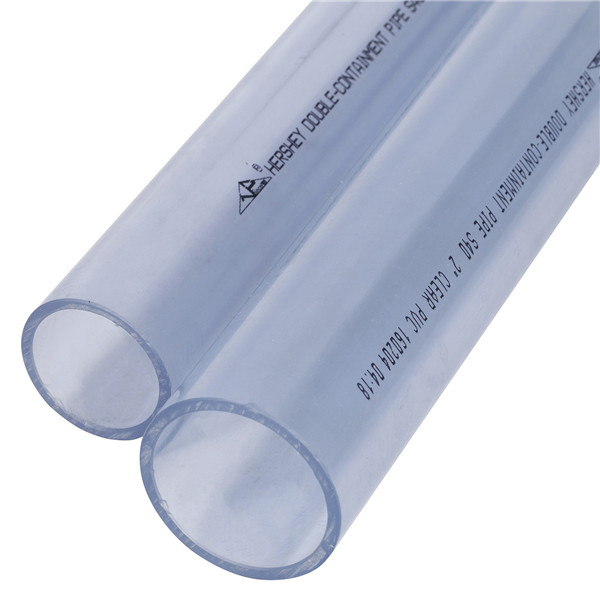Dec . 04, 2024 01:08 Back to list
hdpe sheet density
Understanding HDPE Sheet Density An Insight into Material Properties and Applications
High-Density Polyethylene (HDPE) has emerged as one of the most versatile and widely used plastics in various industries. One of the crucial factors that define the utility of HDPE, especially in sheet form, is its density. In this article, we will explore the properties of HDPE sheets, emphasizing their density, implications for usage, and the industries that benefit from this material.
What is HDPE?
High-Density Polyethylene is a thermoplastic polymer made from the polymerization of ethylene. HDPE is characterized by its high strength-to-density ratio, which makes it an ideal material for a wide range of applications. The density of HDPE typically ranges from 0.93 to 0.97 grams per cubic centimeter (g/cm³). This relatively high density contributes to the material's strength, rigidity, and resistance to impact.
Importance of Density in HDPE Sheets
Density plays a crucial role in defining the mechanical and physical properties of materials, including HDPE sheets. The density of HDPE affects several parameters
1. Strength and Durability Higher density often correlates with improved mechanical strength. HDPE sheets with denser compositions tend to exhibit better resistance to impacts, making them suitable for applications requiring durability.
2. Chemical Resistance HDPE is known for its excellent resistance to a wide range of chemicals. The density can influence this resistance, with denser materials typically providing better protection against corrosive substances.
3. Weight Considerations In applications where weight is a critical factor, such as in construction or transportation, understanding the density of HDPE sheets can help engineers and designers select the right thickness and dimensions to meet safety and performance standards.
4. Thermal Properties The thermal conductivity of HDPE sheets can be influenced by density. Denser sheets usually have lower thermal conductivity, which is beneficial in applications requiring insulation.
hdpe sheet density

Applications of HDPE Sheets
Given its unique properties, HDPE sheets find applications across various sectors
- Construction HDPE sheets are commonly used as moisture barriers in foundations and as protective sheeting. Their high density contributes to their strength and durability in outdoor applications.
- Packaging In the packaging industry, HDPE sheets are used for making containers, bottles, and other types of packaging. Their chemical resistance and lightweight nature make them an ideal choice.
- Medical Applications The medical industry utilizes HDPE for manufacturing a variety of containers and devices due to its chemical inertness, durability, and ease of sterilization.
- Agriculture HDPE sheets are also employed in agriculture for creating silage bags and liners due to their ability to withstand environmental factors.
- Marine Applications HDPE is a preferred material for docks, floats, and marine barriers owing to its resistance to saltwater and UV radiation.
Conclusion
High-Density Polyethylene sheets are a significant material choice in modern manufacturing and construction due to their unique physical properties, notably their density. Understanding the implications of HDPE sheet density allows engineers, manufacturers, and consumers to make informed decisions regarding their applications. As industries continue to innovate and search for sustainable solutions, HDPE proves to be an adaptable and reliable material that meets the stringent demands of modern applications. From construction to packaging and beyond, the importance of HDPE sheets is undeniable, reinforcing its role as a material of choice in a wide array of sectors.
-
Durable PVC-M Water Supply Pipes | 60-Year Life
NewsAug.04,2025
-
Premium HDPE Water Supply Pipes: Durable & Leak-Proof
NewsAug.03,2025
-
Premium PVC-M Water Supply Pipe - Durable & Efficient
NewsAug.02,2025
-
Premium PP Welding Rod: GPT-4 Turbo Enhanced
NewsAug.01,2025
-
HDPE Drainage & Irrigation Pipe - Durable, Efficient Solutions
NewsAug.01,2025
-
Premium PVC Transparent Pipe: Durable & Clear Solutions
NewsJul.31,2025

